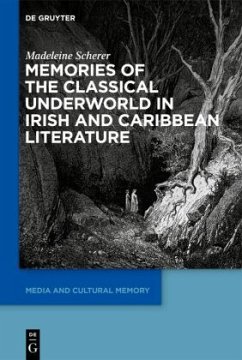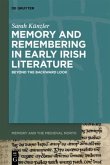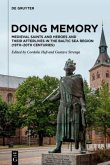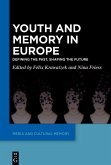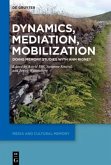Classical Memories is an intervention into the field of adaptation studies, taking the example of classical reception to show that adaptation is a process that can be driven by and produce intertextual memories. I see 'classical memories' as a memory-driven type of adaptation that draws on and reproduces schematic and otherwise de-contextualised conceptions of antiquity and its cultural 'exports' in, broadly speaking, the twentieth and twenty-first centuries. These memory-driven adaptations differ, often in significant ways, from more traditional adaptations that seek to either continue or deconstruct a long-running tradition that can be traced back to antiquity as well as its canonical points of reception in later ages. When investigating such a popular and widespread set of narratives, characters, and images like those that remain of Graeco-Roman antiquity, terms like 'adaptation' and 'reception' could and should be nuanced further to allow us to understand the complex interactions between modern works and classical antiquity in more detail, particularly when it pertains to postcolonial or post-digital classical reception. In Classical Memories, I propose that understanding certain types of adaptations as intertextual memories allows us to do just that.
Hinweis: Dieser Artikel kann nur an eine deutsche Lieferadresse ausgeliefert werden.
Hinweis: Dieser Artikel kann nur an eine deutsche Lieferadresse ausgeliefert werden.

